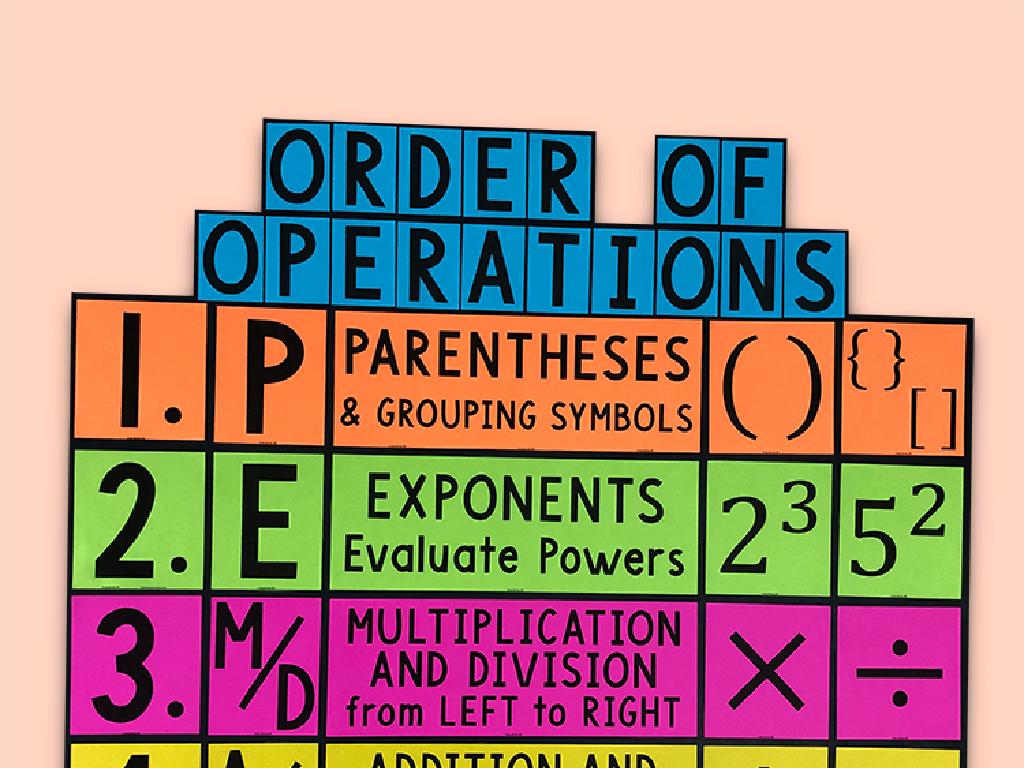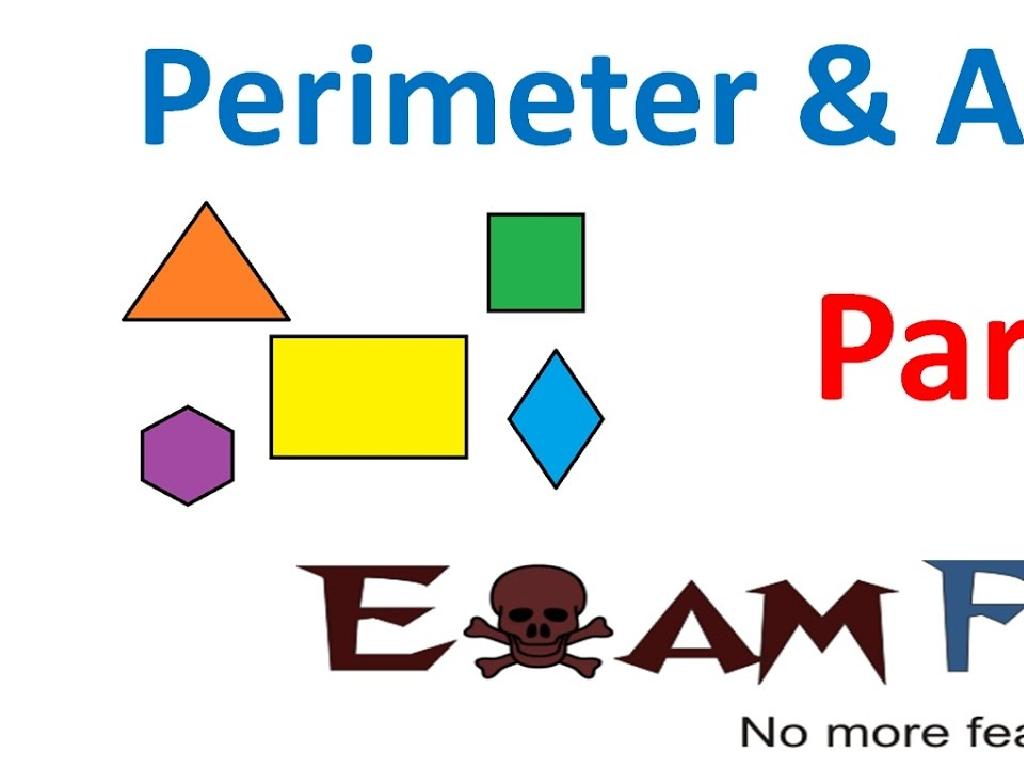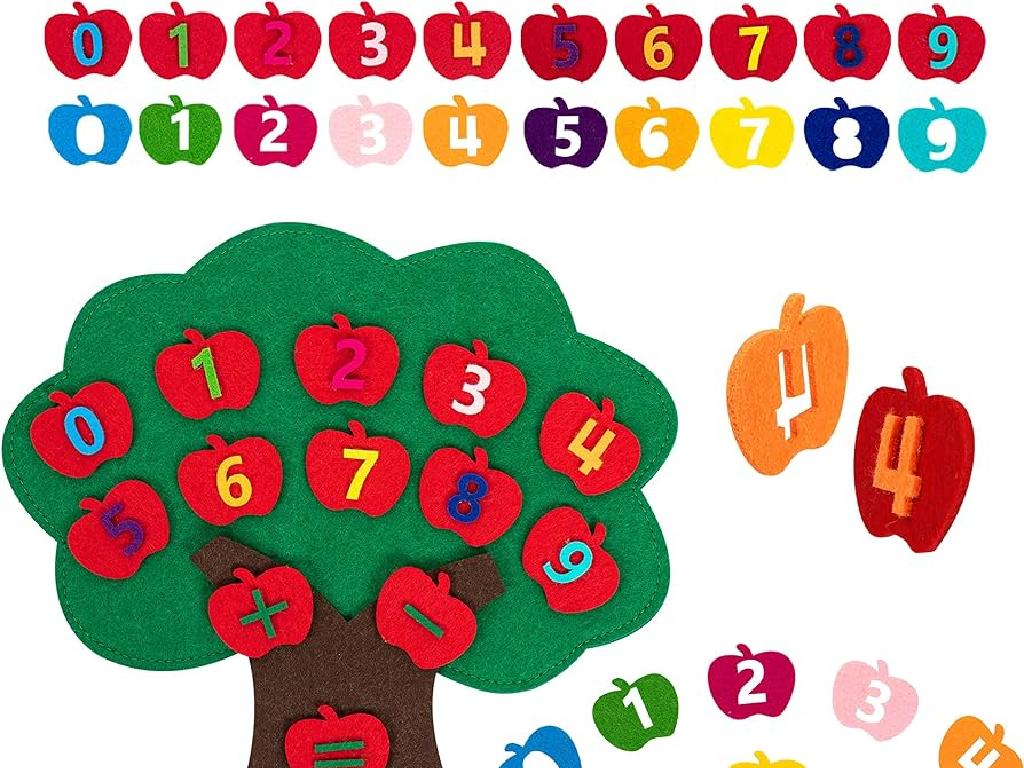Order Alphabetically Based On The First Three Letters
Subject: Language arts
Grade: Fifth grade
Topic: Reference Skills
Please LOG IN to download the presentation. Access is available to registered users only.
View More Content
Mastering Alphabetical Order
– What is Alphabetical Order?
– It’s arranging words based on the letters of the alphabet.
– The Importance of Alphabetical Order
– Helps us find words quickly in dictionaries and lists.
– Sorting Words by First Three Letters
– Use the initial three letters to determine a word’s position.
– Practice with Examples
– Let’s sort ‘cat’, ‘car’, and ‘cap’ together.
|
This slide introduces students to the concept of alphabetical order, a fundamental skill in reference and organization. Begin by explaining that alphabetical order is a system of sorting words based on the sequence of the alphabet. Emphasize its importance in everyday tasks such as looking up words in a dictionary, organizing books in a library, or finding names in a contact list. Teach students to focus on the first three letters of words to determine their order, as this is often enough to sort a list correctly. Provide hands-on practice with examples, and encourage students to think of other words they can organize alphabetically. This will help them understand the practical application of this skill.
Mastering Alphabetical Order
– Review the 26 alphabet letters
– Sing the Alphabet Song
– A fun way to memorize the alphabet
– Focus on first three letters
– Key to understanding alphabetical order
– Practice ordering words
– Use word examples to sort alphabetically
|
This slide is aimed at reinforcing the students’ understanding of the alphabet and its order, which is crucial for developing reference skills. Start with a quick review of all 26 letters to ensure familiarity. Engage the class by singing the Alphabet Song together, making it a fun and interactive experience. Emphasize the importance of the first three letters of words when sorting them alphabetically, as this is often how dictionaries and indexes are organized. Provide examples of words and guide the students through the process of ordering them based on the first three letters. For the activity, consider having students work in groups to alphabetize a list of words, use alphabet flashcards, or create their own ‘mini-dictionary’ with words from a chosen category.
Mastering Alphabetical Order
– What is alphabetical order?
– It’s arranging words based on the letters of the alphabet.
– Everyday examples of order
– Like in a dictionary, library, or grocery list.
– Focus on the first letter
– The first letter of each word determines its place in a list.
– Practice ordering words
|
This slide introduces the concept of alphabetical order, a fundamental skill in reference and organization. Begin by defining alphabetical order as the arrangement of words by the letters of the alphabet, which is a common system used to organize information so that it’s easy to find. Provide relatable examples such as the order of books in a library or items on a grocery list. Emphasize the importance of the first letter in determining a word’s position in an alphabetical list. Encourage students to think of other areas where alphabetical order is used and why it’s helpful. Conclude with an activity where students practice placing a set of words in alphabetical order, reinforcing the concept.
Alphabetical Order: Sorting Words
– Learn to sort words alphabetically
– Group activity: list sorting
– Work together to organize words by the first letter
– Discuss patterns and strategies
– Notice patterns like all ‘A’ words together
– Practice sorting with classmates
– Pair up and sort a new list of words
|
This slide introduces the concept of alphabetical order and sets up a group activity for students to practice sorting words. Begin by explaining how to arrange words based on the first letter, and then move on to the first three letters if the first letters are the same. During the group activity, provide a list of words for students to sort together, fostering teamwork and collaborative learning. Discuss common patterns and strategies, such as grouping all words starting with the same letter and then looking at the second and third letters for further sorting. Encourage students to share their strategies with the class to enhance collective learning. Conclude with paired practice, where students work with a partner to sort a new list, solidifying their understanding of alphabetical order.
Alphabetical Order: Beyond the First Letter
– Compare second and third letters
– Examples: Cat, Car, Can
– When first letters are identical, look at the second letter: Car, Cat, Can
– Class exercise: Order similar words
– Use a list of words starting with the same letter and arrange them alphabetically
– Understanding alphabetical nuances
– Grasping this concept helps with dictionary skills and organization
|
This slide focuses on teaching students how to order words alphabetically when they begin with the same letter, by comparing the second and third letters. Start with clear examples like ‘Cat, Car, Can’ to illustrate the concept. For the class exercise, provide a list of words that start with the same letter and guide the students to arrange them in alphabetical order. This will help them understand how to reference and organize information effectively, a skill that is particularly useful when using dictionaries or sorting lists. Make sure to walk around the classroom to assist students who may struggle with this concept and provide additional examples if needed.
Alphabetical Order Games
– Demo of online alphabetical game
– Watch how to play and learn sorting words
– Pair up to play the game
– Work with a buddy to practice ordering
– Share your game scores
– Record your scores and see who did well
– Discuss what you learned
– Talk about new words and ordering skills
|
This slide introduces an interactive and fun way to learn alphabetical ordering through games. Start with a demonstration of an online game that teaches students how to sort words based on the first three letters. Then, have the students pair up to play the game themselves, which encourages teamwork and peer learning. After playing, students should share their scores with the class to foster a healthy competitive spirit. Finally, open a discussion for students to share their experiences and what they’ve learned, such as new vocabulary or improved reference skills. This activity will help solidify their understanding of alphabetical order in an engaging manner.
Applying Alphabetical Order Skills
– Understanding alphabetical order in libraries
– Libraries organize books by the first three letters of the title
– Activity: Sort book titles alphabetically
– Choose some of your favorite book titles and arrange them from A to Z
– Discuss challenges faced
– Sometimes titles begin with the same letters or numbers
– Explore solutions to ordering difficulties
– We can look at the fourth letter or use guide words to help us sort
|
This slide is designed to help students apply their knowledge of alphabetical order, a key reference skill, in a practical setting. Begin by explaining how libraries use alphabetical order to organize books, focusing on the first three letters of the book titles. Then, introduce an activity where students select several book titles and practice arranging them alphabetically. During the discussion, address common challenges such as dealing with titles that have the same initial letters or start with numbers. Encourage students to think critically and come up with solutions, like looking at subsequent letters or using guide words. This interactive approach will reinforce their understanding and give them hands-on experience with alphabetical ordering.
Class Activity: Create Your Dictionary
– List words from A to Z
– Alphabetize by first three letters
– Sort words like ‘ant’, ‘ape’, ‘arm’ in that order
– Pair up to share your dictionaries
– Discuss the order with your partner
– Explain why ‘bear’ comes before ‘beet’
|
This activity is designed to help students practice their alphabetical ordering skills, focusing on the first three letters of words. Each student will create a list of words from A to Z. They will then order their list alphabetically, paying close attention to the first three letters of each word. After completing their mini dictionaries, students will pair up and share their lists with a partner. This peer review will allow them to discuss and justify the order of words, reinforcing their understanding of alphabetical order. For the teacher: Prepare a list of words for students who may struggle to come up with their own. Encourage students to think about how dictionaries are organized and why alphabetical order is important. Provide guidance on how to handle words with the same first three letters and discuss how to proceed when ordering such words.
Wrapping Up: Alphabetical Adventures
– Recap: Rules of Alphabetizing
– Remember, we sort words by the first, second, then third letter.
– Engage in Q&A Session
– Ask any questions about today’s lesson.
– Homework: Alphabetize Vocabulary
– List of new words to order at home.
– Review Importance of Skill
|
As we conclude today’s lesson, it’s important to review the key rules of alphabetical order. Emphasize the importance of looking at the first three letters of words to determine their order. Encourage students to ask questions to clarify any doubts. For homework, students will apply what they’ve learned by alphabetizing a list of new vocabulary words. This will reinforce their understanding and provide practical experience with the skill. Remind them that mastering alphabetical order is crucial for using dictionaries, libraries, and many other reference tools effectively.






